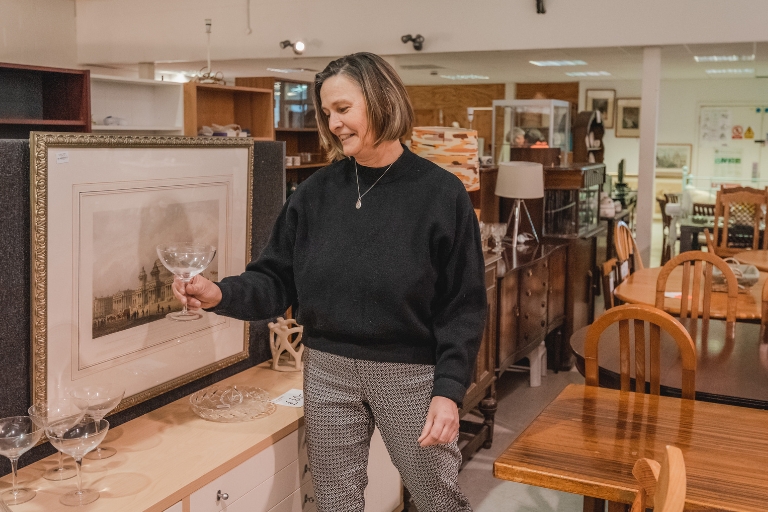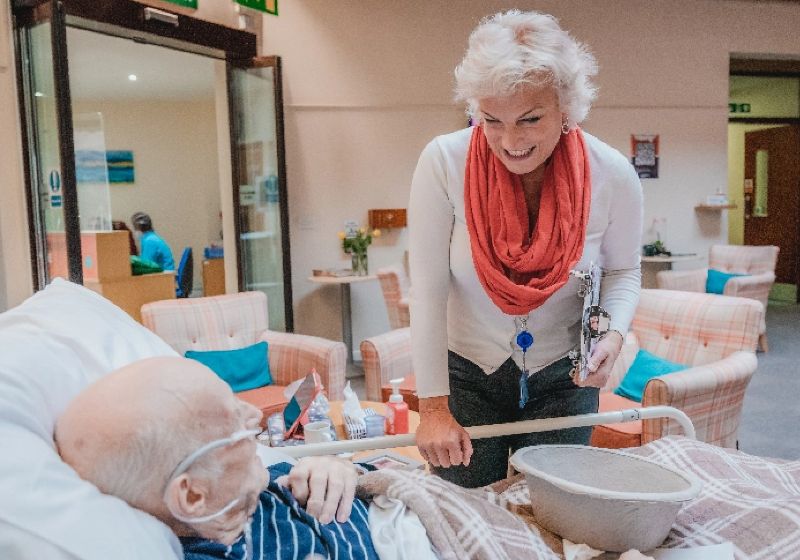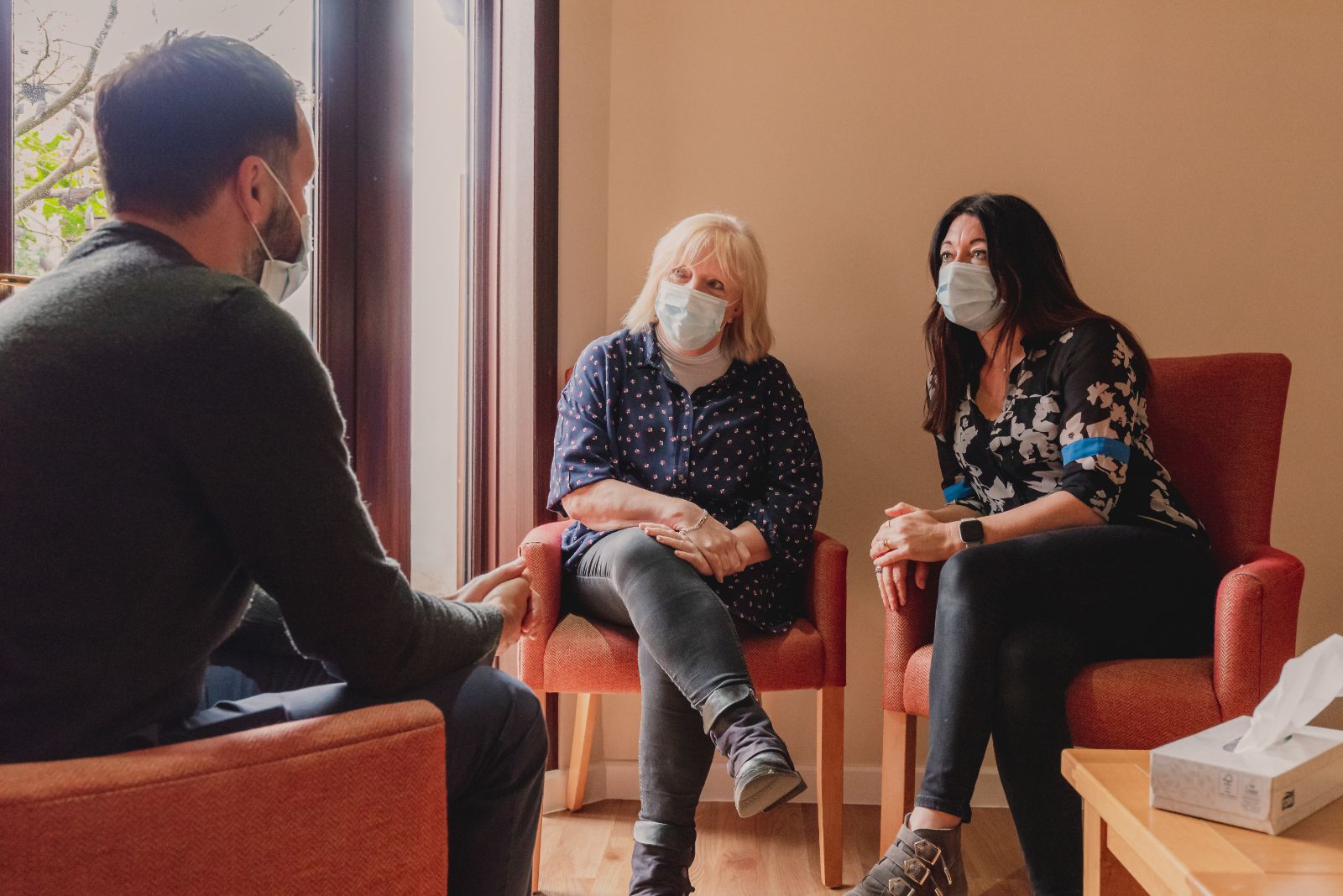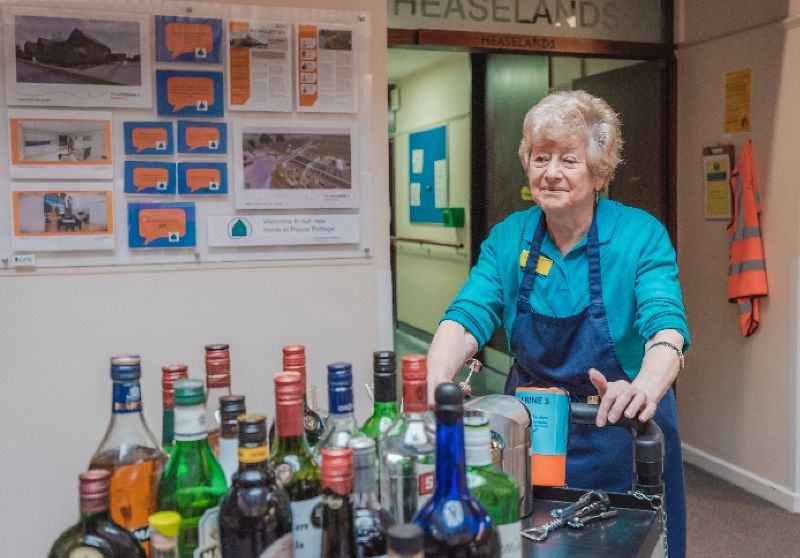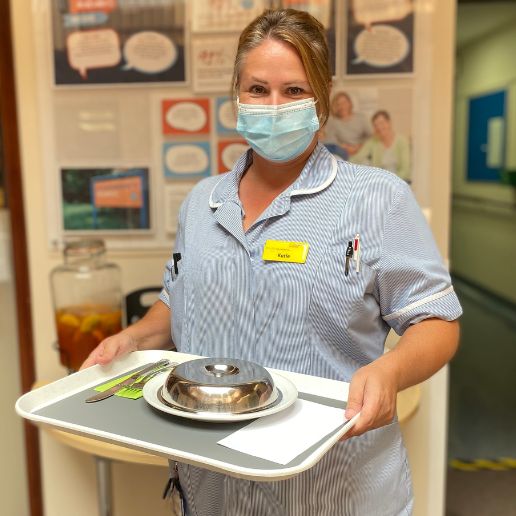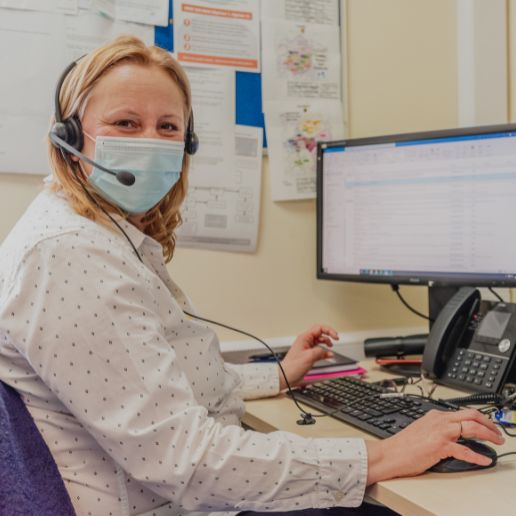Our Welfare Advisor can provide information about the power of attorney process.
The person making the power of attorney is called a donor and the person appointed to act on their behalf is called an attorney. An ordinary power of attorney (OPA) is for financial decisions only, and is only valid while you still have mental capacity. An OPA can be useful if you need someone to look after your finances temporality – for example, because you’re going into hospital. If there comes a time when you don’t have mental capacity to make your own decisions and want someone to act on your behalf, you should consider setting up a Lasting Power of Attorney (LPA).
There are two types of LPA:
A Property and Affairs LPA gives someone the authority to deal with and make decisions about things like:
Buying and selling property
Bank/building society accounts
State benefits / Debts
Tax affairs
A Personal Welfare LPA gives someone the authority to deal with and make decisions about things like:
Where you live
Your day-to-day care
Your health-care treatment
A Personal Welfare LPA only comes into force when the person who has made it has lost the ability to make decisions for themselves, for example unconsciousness or dementia.
There might be alternatives to getting an LPA, however these can be short-term solutions and are not as far-reaching. They include:
- Having a joint account means either party can access bank or building society account.
- Third party access to a bank account enables another person to manage that account.

Making a Lasting Power of Attorney
The donor must have the mental capacity to understand the significance of what they are about to do. It takes between 8 – 10 weeks to process once forms are submitted
Who to choose as your attorney?
This is a very important decision. It should be someone known well to the donor, that is trusted to make best interest decisions, and is happy to take on the role. It could be a spouse, family member, or friend, but they must be over the age of 18.
Completing the Forms:
- Use the online tool on the government website.
- The forms can be downloaded and printed from the government website too.
- You can also ask the Office of the Public Guardian (OPG) to post the forms to you, simply call 0300 456 0300.
Fees and registering your LPA
It is free to complete your LPA online, however your LPA cannot be used until it’s registered. There’s a £82 application fee to register each LPA. If the donor has an income below £12,000, or gets certain benefits, they might qualify for a lower fee, or the fee might be waived altogether. You can pay your application fee by card online or send a cheque with your LPA to OPG.
A solicitor can also do the work for you; however this will cost. It is not always necessary as lots of guidance is available online.
Once your LPA has been registered by the OPG they’ll return the form to you (or to the attorney if they registered it). It will be stamped on every page and it’s only valid once this is done. It’s important that those close to you, your doctor, and anyone else involved in your care know that you have made an LPA.



